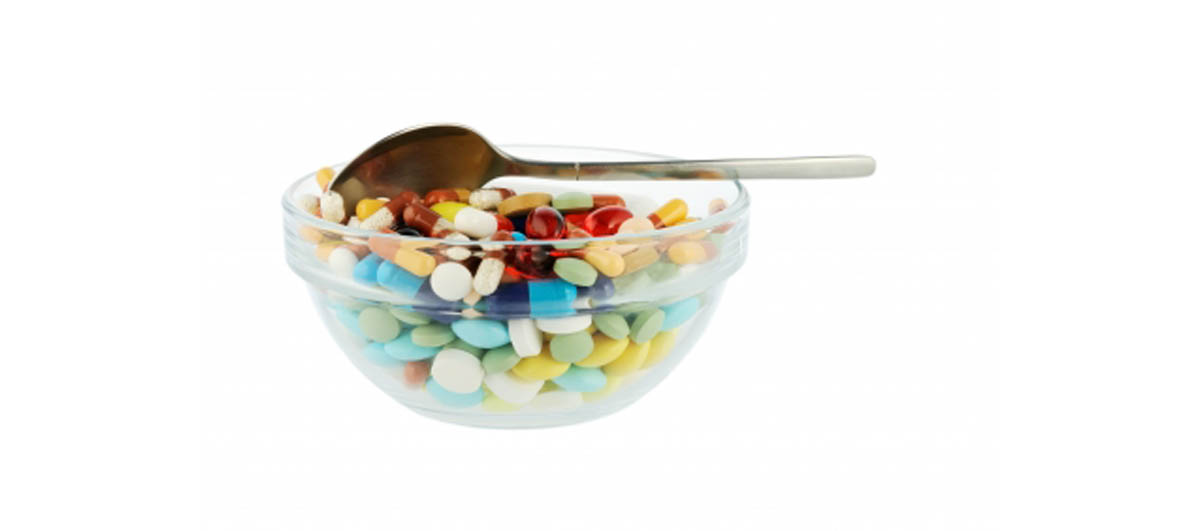Sometimes Nutritional Supplementation Is Enough to Enable Men to Become Fathers
Researchers took a look at over 30 studies involving the use of safe, common, and inexpensive antioxidants and the results in men's fertility. The New Zealand research team used a statistical technique called meta-analysis to eliminate sampling error, the inaccurate results in medical studies that can occur when the men participating in a study aren't representative of men in the world at large.
- Men in fertility treatment programs who take antioxidants are four times more likely to get their partners pregnant.
- Men in fertility treatment programs who take antioxidants are five times more likely to become fathers of a live, healthy baby.
Male Fertility Cases Especially Helped by Antioxidant Supplements

- Smokers,
- Men who use street drugs on a regular basis,
- Men who have had chemotherapy,
- Men who have physical damage to their testicles or scrotum,
- Men who are regularly exposed to chemicals, such as gasoline, industrial cleaning agents, dyes, etching chemicals, fertilizers, pesticides, herbicides, and
- Men who have been exposed to or treated with radiation.
However, restoring antioxidant levels by taking moderate doses of vitamin C, vitamin E, beta-carotene, or resveratrol and by eating five or more servings of vegetables every day will not help men who do not make any sperm at all. (And taking megadoses of these supplements makes them pro-oxidants, canceling out their antioxidant effects.) Antioxidants help men who have "subfertility," not infertility.
Instead, the men who are most helped by antioxidants are those who have problems with sperm motility, or "swimming ability." The one- to three-day journey from the cervix to the egg requires the sperm cell to expend a great deal of energy. Burning sugar in the cell builds up toxic levels of free radicals left over from the energy-making process. Men who take antioxidants make sperm that have the antioxidants they need to survive the trip to the egg.
READ Antioxidants-Your Defense Against Free Radicals
- Shamsi MB, Venkatesh S, Kumar R, Gupta NP, Malhotra N, Singh N, Mittal S, Arora S, Arya DS, Talwar P, Sharma RK, Dada R. Antioxidant levels in blood and seminal plasma and their impact on sperm parameters in infertile men. Indian J Biochem Biophys. 2010 Feb,47(1):38-43
- Showell MG, Brown J, Yazdani A, Stankiewicz MT, Hart RJ. Antioxidants for Male Subfertility. Cochrane Database Syst Rev. 2011 Jan 19, 1:CD007411.

